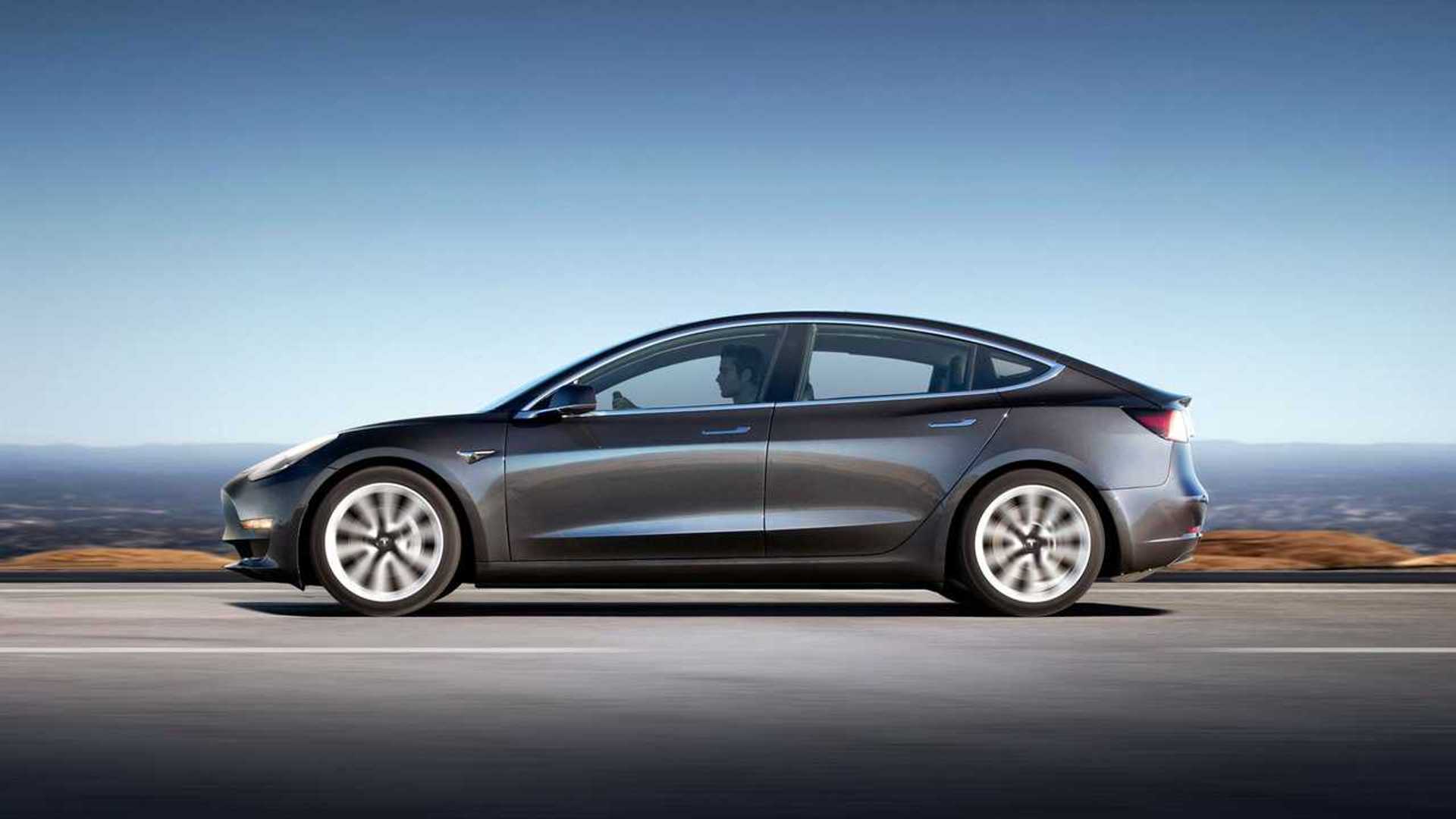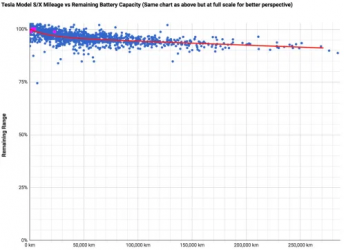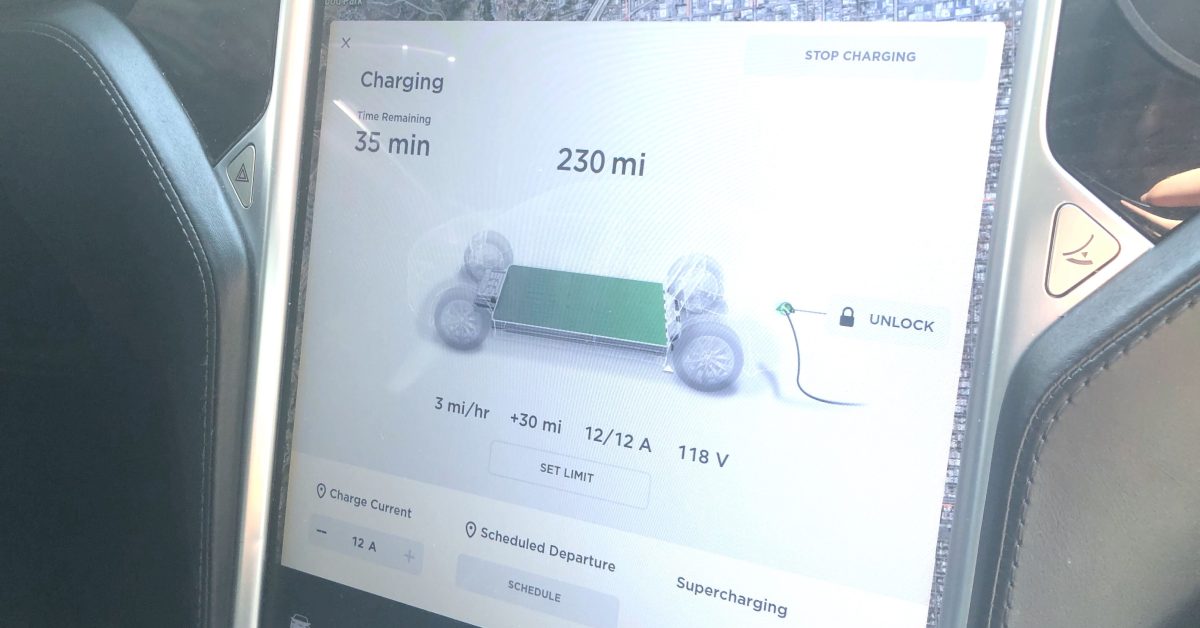@33kft how do you feel about batteries and then lasting less as time goes on?
That brand new range of 400km is maybe 350km after 4-5yrs?
Realistically, the only way this impacts me is in resale value. Given there's nothing I would see as an upgrade on the market currently from a Tesla Model 3, I don't plan to be trading in anytime soon.
EV driving is not the same as ICE driving. In ICE driving, you fill the tank and run around until it's low, and then fill again.
In EV driving, you unplug and drive, then plug in again. If you don't drive more than those 350km in a day, then you won't be impacted - you'll plug back in and it will charge back up again. I absolutely do not drive more than 350km in a regular day so this in no way impacts me. If I did, I'd have bought a model with closer to 500km range so it continues not to impact me.
For long distance driving, you don't fill to max and then fill up again when it's low, at least not if you know what you're doing. There's a charge curve which charges fast down low in terms of SoC and decreases as you approach a full battery. You just charge what you need, then charge again at the next stop, it's quicker and does not rely on having any particular range other than between the chargers, which are typically ~200km apart.
If you want to see what it looks like in practice, here's a link to A better routeplanner which shows you typical charging behaviour between Melbourne and Sydney. In reality nobody actually needs a website to tell them how to do this, my onscreen nav tells me exactly when I've charged enough to get to my destination and I stop charging then. No point paying DC fast charger rates for electricity I can get cheaper from the grid over AC, so again it's not like an ICE car where you have a single source of fuel, you can choose to charge for half the price over a slower AC charge, so you'll only pay the premium of DC fast charging on long trips:
A Better Routeplanner is the world's most popular consumer EV routeplanner - both for beginner and experienced EV drivers. And of course for anyone curious about EVs.

abetterrouteplanner.com
Note that I wouldn't actually follow the route above - Tesla Superchargers are both more expensive and slower than ChargeFox chargers, which I'd use instead - they can charge up to 350kW, almost double the Tesla Supercharger speeds and at 32c per kWh with RAC[VQT] discount vs 51c for Tesla, so both the charge times and prices on the link above are off what I'd use/pay, but you can see that at no time do I get near 90% SoC so the range loss doesn't affect me. Keep in mind that this is also the lowest range of the 3 Model 3 vehicles, so that trip looks even better for someone with a Performance who has a good 50% additional battery capacity than I do.




















